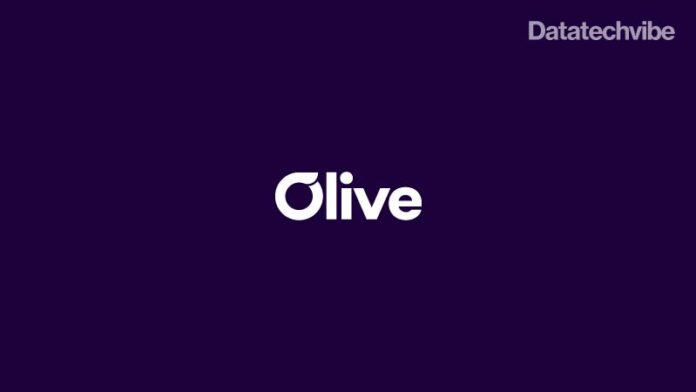Artificial intelligence startup Olive has entered the operating room with the acquisition of Empiric Health. Empiric Health is an AI-powered clinical analytics and service company that focuses on identifying unwarranted clinical variation, improving patient outcomes and increasing the affordability of care — starting in surgery. Through the acquisition, Olive will expand its capabilities for supply chain and clinical analysis for surgeries.
The financial terms of the deal were not disclosed.
It’s Olive’s second acquisition in five months. The company acquired Verata Health, a provider of AI software, as part of a plan to tackle the costly issue of prior authorisation, in December.
Olive CEO Sean Lane and his team first deployed Olive in 2017 with the idea to tackle the high-volume, repetitive and manual tasks healthcare workers do every day but faster and more accurately. The company has been expanding its AI capabilities and has attracted big funding rounds from investors Tiger Global, General Catalyst, Drive Capital and Silicon Valley Bank.
Olive has raised $385 million over the last nine months and $448 million since the company was founded.
‘Expanding Olive’s presence into the operating room means working alongside humans to catalogue data and then learning from successful surgeries to predict the best pathways of care’, Lane said in a statement. ‘Through her growing network of healthcare intelligence, Olive is always learning. Expanding her knowledge base with Empiric Health’s clinical analysis is a natural next step toward becoming an even more powerful data engine that improves healthcare.’
The acquisition of Empiric Health furthers a relationship with Olive initiated in May 2020. Empiric Health’s evidence-based data and relevant procedure comparisons resonate with clinicians, according to Olive.
Also Read: How AI Is Transforming Healthcare Industry
Hospitals and health systems are increasingly adopting automation of complex data mining into insights to support the entire healthcare ecosystem — from frontline physicians to administrative staff. In fact, 90 per cent report having an AI/automation strategy in 2021, and AI’s applications will continue to expand in the year ahead, according to the company.
‘It is exciting to see the evolution of Empiric Health’s clinical analytics platform since originating from an Intermountain Healthcare program in 2012’, said Rick Adam, CEO of Empiric Health. ‘Today the AI-powered solution is changing physician behaviour and improving surgical results across the country.’
Where Empiric Health fits in is that its AI scans and captures thousands of data points, essentially making Olive smarter by expanding its knowledge base.
‘The findings from Empiric Health assist our providers in overcoming the traditional problem of surgical variation due to individual patient differences’, said Simon Payne, M.D., chief medical officer, the clinical and operational transformation of SCL Health, in a statement. ‘It provides trust to our surgeons through transparency and meaningful insights to evaluate variability and enhance quality excellence and perioperative efficiency.’
‘Looking at the industry in general, there is a vast amount of variation even within a single hospital when analysing the surgical suite’, Lane said. ‘That’s where we expect to see continued value from the addition of Empiric Health to Olive.’









